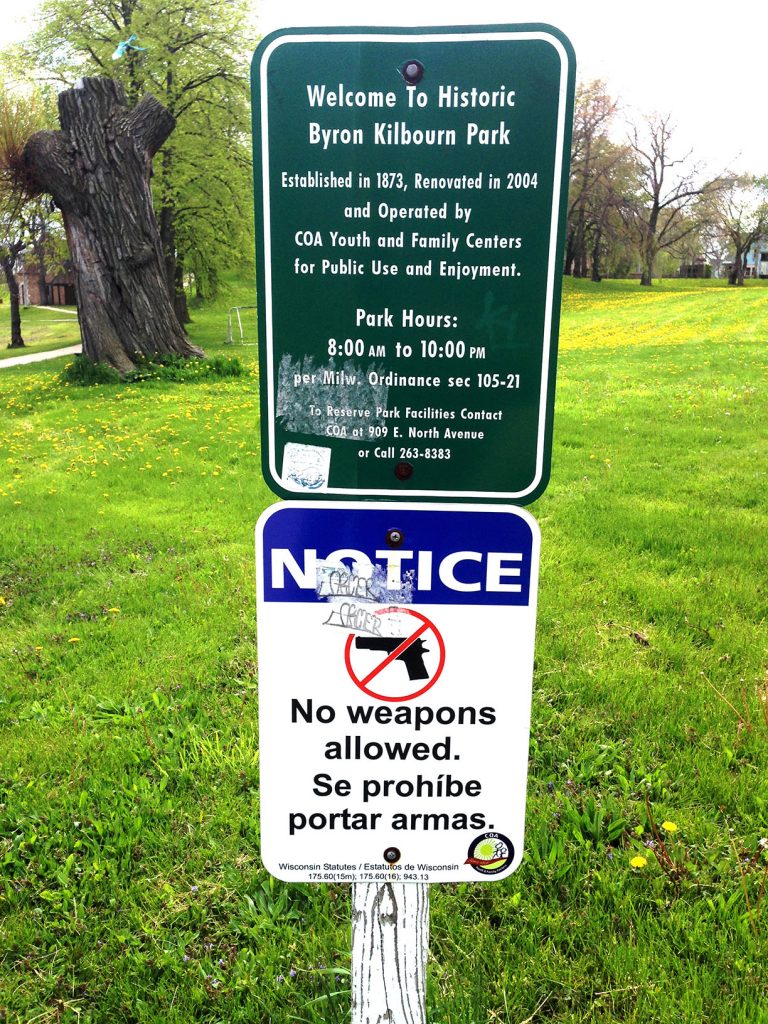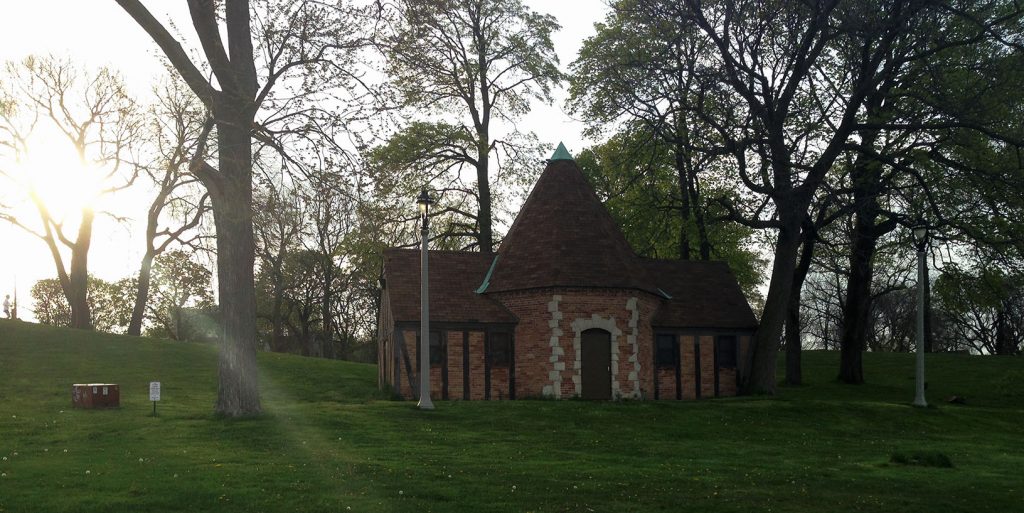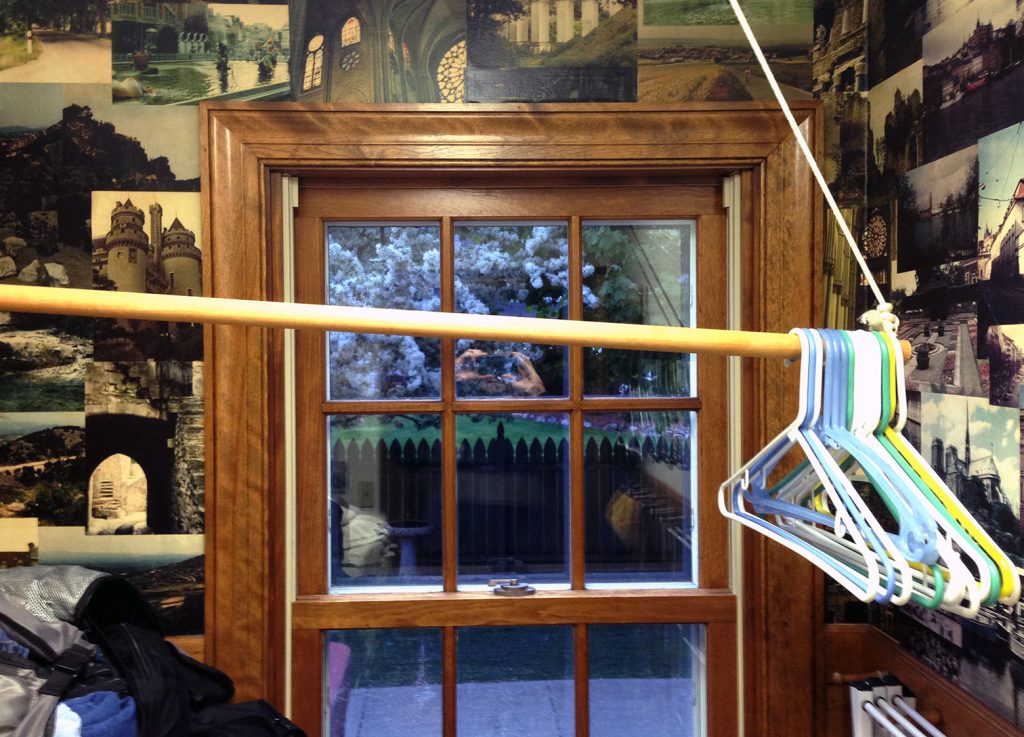Living: airbnb in Riverwest, Milwaukee, WI
Working: Hudson Business Lounge and Café, Historic Third Ward, Milwaukee, WI
Laundry: My childhood home in Brookfield, WI
This week in laundry I soak in the meaning of meaning.
I find myself in the company of familiar spaces. Debatably, the most familiar space of my life – my childhood home, from ten to twenty-three.
A simple evening meal with my parents brings me here. But the convenience of empty, free, clean, front loading machines is unavoidable. And so with ease I heave the contents of my backpack in to begin the weekly cycle.
I’ve completed more loads of laundry in this room than any other in my life. It’s only fitting that my journey through laundry and all its variety should bring me to this place, if only briefly.
It also affords a moment to reflect and realize, through this space, travel and laundry have coexisted in my life, long before I found the road.
This dinner and laundry is not alone in granting me the opportunity to visit with my parents. My stay in Milwaukee has yielded many such occasions in this short week, thanks in part to celebrating my birthday.
This last Tuesday, I turned thirty.
As I walk away from twenties and into my thirties – or away from my twos and into my threes as a friend’s anecdote would have it – the life event begs the question, really, what does turning thirty mean?
And struck with that question staring me in the face, I stare blankly back and ask – what does it mean that it means anything at all?
Or in other words – what is the meaning of meaning?
I read a book once that asserted a key to happiness for the intellectual is to create meaning in their lives. For the brilliant banker, this may involve writing the next great American novel. For the unsurpassed painter, this might require a life dedicated to bettering shelter options for the homeless. Or writing the next great American novel. (For the brilliant novelist, I guess there’s no more meaning to be made).
I don’t discredit the value behind the assertion – I believe that we all in fact seek happiness through creating and cultivating meaning in any way we can. Though what that looks like and how we go about it seems to vary substantially from person to person.
But the question lingers on – what does it mean to create meaning? What is the act of finding and creating meaning in our lives, how do we go about doing it, and why is it the key to happiness?
As people we ascribe meaning to just about everything. In fact, the act is so implicit in everything we do, we naturally understand what meaning is and when we create it. Because things that have meaning, mean something.
But think about it – can you easily conjure up a definition of meaning without using the word meaning, or the verb to mean? If you did, did you use a synonym? Can you create a definition that doesn’t involve the word ‘thought’ or ‘idea’?
A quick check with my friend Merriam-Webster gives a little bit of solid footing – though at least one definition involves the word meant (the verb to mean – it doesn’t count!). More or less, meaning is a thought. It is a thought behind something, whether that’s language (spoken or written) or an action (a sly glance), or a piece of art. What all of these things have in common is that they are forms of communication.
So then, what is communication? The models can range from simple to complex, and I am certain there are scores of individuals who create careers off of answering this question. But at the end of the day, for me at least, it boils down to the answer my friend once gave to this question: “me feel” (pointing to himself, then moves his hands to gesture at me) “you feel”. And that just about hits it on the head.
Communication is the act of moving thoughts between people. It involves the thought of origin, the encoding of that thought into a medium or media, and then the decoding of that media back into a thought – most likely, but not necessarily by a different individual.
Central to communication are thoughts, for thoughts form both the beginning and ending of the act of communication. Without thoughts, there would be nothing to communicate.
And what are thoughts?
Now that’s a complicated question, but at the end of the day, a thought is simply a complex bioelectrochemical reaction happening in your brain. So says science, through and through.
The model gets more complicated when there are multiple producers (encoders) and consumers (decoders), but the gist of this simplistic encode/decode model serves well. At least it serves me well.
One of my favorite observations from this model is that all communication, by definition, is miscommunication. Because the origin thought, or complex bioelectrochemical reaction, is not the same as the reconstructed thought, which is a completely different bioelectrochemical reaction.
This should be intuitive – because every time we decode a communication, we bring our own life experiences and memories to the table – imparting a specific meaning to the decoded thought that is uniquely spiced with our own special blend, obtained and cultivated over the years – the salt, pepper, garlic and paprika of our life, shaken upon every communication we decode and every story we consume.
In communication, thoughts take two sides. The thought prior to encoding, and the thought constructed from decoding. Meaning takes on two meanings, each accompanying the two versions of thought in the communication – the intended meaning of the encoder, and the created meaning of the decoder.
So when we say meaning, without a qualifier of the intended, or the created, which meaning do we mean? Or do we mean both meanings?
We may often confuse the two. But because we are oriented to ourselves, and have access to only our own thoughts and consciousness, we likely mean whichever meaning is relevant to us in that moment.
If we are creating, and mean meaning relative to that act, then we speak to intended meaning.
If we are consuming, and mean meaning relative to that act, then we speak to created meaning (the meaning we create within ourselves as a result of decoding or consuming communication).
Sometimes we engage in the expression of meaning – the encoding.
But we always engage in meaning consumption. Because as humans we are very communication oriented. And communication comes from decoding the physical world, into thoughts that are more than the facts of the physical world around us.
And that’s what meaning really is – it is the thought of a thing that is more than that thing.
A piece of paper with ink upon it in a specific arrangement is just that – ink on paper.
When we decode that ink on paper into words, those words to thoughts, to a cohesive motion of action, we create meaning. That meaning is a thought that is more than the fact of that paper and ink. As long as we consider that paper and ink paper and ink, we have not created meaning. Once we construct words from that paper and ink, we have created meaning.
Since meaning is thought, and thoughts only exist inside us, not external to us, this means meaning is subjective. It is not objective. There is no meaning in the world – meaning is something we must create, whether it be through the act of encoding, or as a result of the act of decoding.

We create meaning from this sign when the arrangement of ink and material is decoded into words and symbols within and specific to this space (the park)
So what does it mean to ask what’s the meaning of turning thirty?
It’s really to understand that I’ve taken a natural action or property of physics – the scientific fact that I’ve had the grace and pleasure to breathe on this planet for 30 elliptical cycles around the sun – and I’ve naturally and unavoidably, without even realizing it or what I was doing, attributed this outcome of physics as an act of communication – since in order for there to be meaning, there needs to be communication, or else meaning is just a thought.
Communication – the act of me writing this blog, and you reading it – and the outcome of physics in the physical world – the earth circling the sun thirty times – are completely different things. It’s like bringing ice cream to a combustible engine – they’re not even in the same genre or class or usage.
And yet we do it all the time, constantly, without even thinking about it, or realizing that it is happening. As humans, we seek meaning in everything. It speaks profoundly to our nature – to just how highly social we are – that even if we are not communicating with any one or thing, we are ascribing communication to everything we encounter in the natural world. Because this is what it means to seek meaning in things in the natural world.
This reminds me of an anecdote my friend would tell about her father, an English major, and one of his pet-peeves: ascribing irony to coincidence. Colloquially, we ascribe irony to a whole swath of things and events in our lives that present counter patterns: bringing a fork, when you needed a spoon, dressing for summer in May, when it snows that day instead, squirting taco juice all over your new white shirt, right after saying “I hope I don’t get taco all over my shirt!”. Or discovering ice cream in your combustible engine.
But really, all of these things are coincidental. They happened, and their incidence is simultaneous.
Irony, on the other hand, is something that a storyteller creates. It is thought, and then it is communicated. Which means that irony has meaning.

What is the meaning of this German style looking building in a Milwaukee park? Hard to say – unless you’re in need. As it turns out, it’s a public restroom.
Why are we prone to make meaning from coincidence? The answer may be simple – because meaning, created meaning in this context, results from communication, and a property of communication is that it must exist as a pattern in the physical, objective world, prior to being decoded into meaning – the thought that is more than the objective thing.
So how are we supposed to know what things out in the objective world are supposed to be decoded as communication, creating a meaningful thought, and what things are simply just things?
The answer is we don’t – so we basically go about trying to make meaning from just about everything we encounter, and do our best to filter out the less valuable meanings from the more valuable ones.
This behavioral property of us people lies at the root of so many actions we engage as a culture. Between the clothes we wear, the brands we embrace, and the lifestyles we project to the people around us. In each event there’s a story at play, a story we participate in, by doing, or by buying. That story exists, and we are compelled to it, because of the (decoded) meaning we create.
So as we cultivate meaning with every breath we take, how do we create happiness through meaning?
On the one hand, cultivating happiness through meaning boils down to communication, either creating communication, or ascribing communication to things or events that are not communications.
And not just any old throw away useless communication, but valuable communication.
What makes a communication valuable? If the meaning of the communication is valuable. Or if the communication is enjoyable. To clarify the differentiation, the former we call news, and the latter we call entertainment.
On the other hand, there’s been an emergence in the practice of mindful meditation, of being in the moment, as a way of reducing anxiety and creating peaceful happiness. In my observation, the root of mindful meditation is a conscious effort to abstain from creating meaning. In the moment, all things are taken for what they are. A breath is a breath, a sigh is a sigh, an increase in heart rate due to a spike in anxiety from the result of an ancillary thought is merely a biochemical reaction within ourselves – there is no meaning beyond that.
The brief vacation from the constant barrage of meaning-making could hold the key to happiness. It’s also interesting to note that it actually takes quite a bit of conscious effort to prevent ourselves from the natural act of creating (decoding) meaning from the stimulating world around us.
Whatever meaning you chose to cultivate in your life, in this moment my dry clothes beckon me to make meaning from their completion – and I happily do so. For another week of clean, dry clothes means the closing of one week into history, and the opening of another week into the adventure of the great unknown – in the most Milwaukee of ways. And I am grateful for the opportunity to do so – I really mean it!




